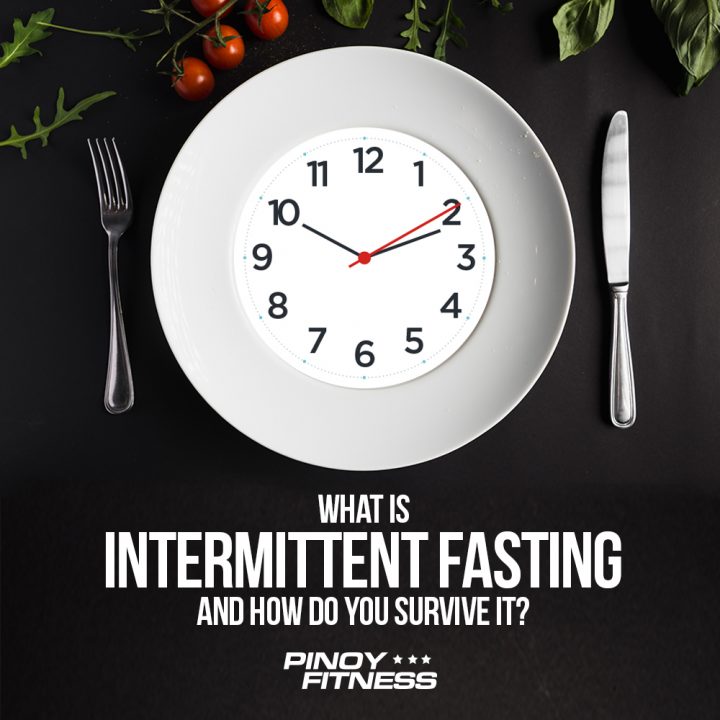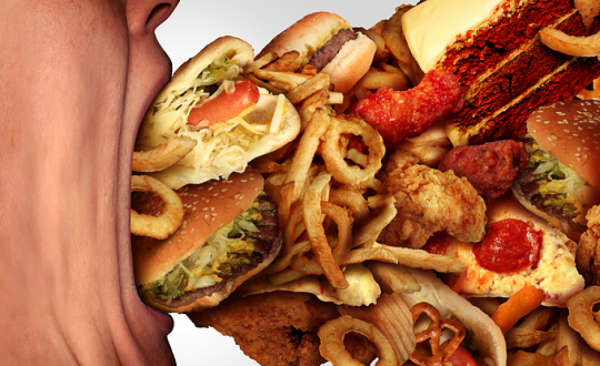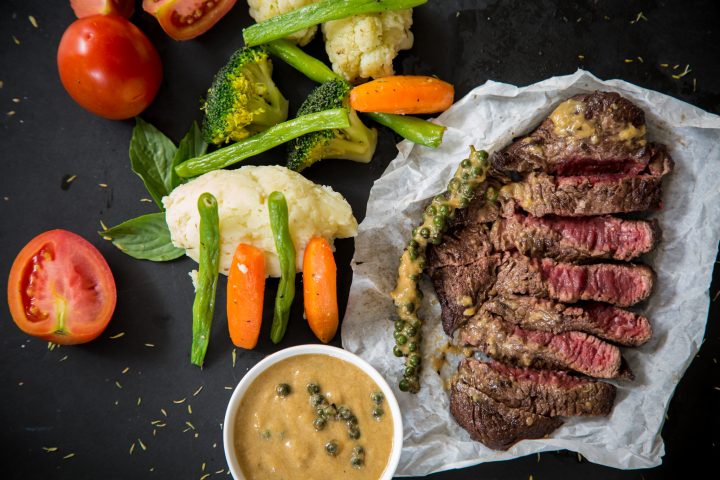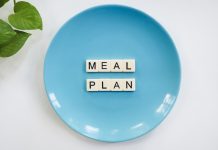
I’m pretty sure most of you have heard the buzz about it already, so this may not be so much of a foreign term for you. And for those who by this point still wonder about it, no worries; I’ve got you. IF is simply an acronym for Intermittent Fasting—one of the many diets which have gained recent popularity, and only getting even more popular by the day with all the testimonials and success stories backing it up.
In truth, Intermittent Fasting isn’t really that revolutionary or ground-breaking if you take a look back at history when our ancestors actually had (no choice but) to go for hours, and even days without food. It was only through industry and modernization making food readily accessible did the idea of going hungry for a few hours start sounding absurd. Food is so readily available, and we consume so much of it, that we’ve subconsciously developed this reflex of eating the minute our stomachs started grumbling. And that has led to unhealthier lifestyles than we’d like to admit.
This is not trying to say that Intermittent Fasting is the end-all and be-all of diets for weight-loss. In fact, it’s really just one of the many diets that are just as—if not more or less—effective. And as cliché as it sounds, each of our bodies is unique; so if your current diet works for you and you’re comfortable with it, then by all means, stick to it. But if it’s not working as you’d like it to, and you want to give Intermittent Fasting a shot, then there’s really nothing to lose—except a few pounds. That said; let’s get into the details of it.
So… what is Intermittent Fasting?
In essence, Intermittent Fasting is an eating pattern where you cycle through short periods of eating and prolonged periods of fasting.
And the simple science behind it is depriving your body long enough so as to signal it to burn any excess, stored fat in your liver, and surrounding muscle tissue. There are a number of ways to do it that you can try and see which is best fits you. We’ll gladly tackle it in a different article, but for now, let’s take a simpler and more straight-forward direction with the 16/8 method. [Let us know in the comments if you want an article on the different methods for doing Intermittent Fasting]
Fasting with the 16/8 method
Taking away from the previous statements above, we fast for longer and eat for shorter periods. So yes, you fast for 16 hours, and eat for only 8 hours. Pretty simple, right? But wait, there’s more.
You see, a common misconception with an intermittent fasting diet is that since you’re depriving your body of food for long periods of time, people think that they can binge on any kind of food that they want. That is false; because IF is still a calorie-restricting diet per se, and yes, where the calories come from also count a lot.
Putting it into perspective, this is us, and nutritional science saying that; if you fast for 16 hours and eat junk for the 8-hour window for feeding, then you just threw all your effort in the garbage, took it out, and had it shipped to the junkyard. Starting to sound tougher to do for you? Again, don’t worry. To make it easy for you, here are a few tips you can follow so you can stick to your IF diet journey:

1. Schedule your fasting period between sleeping periods and busiest hours of the day.
In context, let’s say you run in the evening around 6:00 PM to 7:00 PM. Your schedule would look something like this
Feeding period: 10:00 am to 6:00 pm
Fasting period:
6:00 pm to 7:00 pm – work-out
7:00 pm to 10:00 pm – wind down to for bed
10:00 pm to 5:00 am – sleep
5:00 am to 10:00 am – maintain fast
You hit two birds with one stone with this trick: first is you that you get to ride out the hunger pangs unnoticeably because you’ll be asleep or too busy working; and second, you lose more fat due to a two-hit combo of calorie-burning workouts, and an on-going fasting state.

2. Drink plenty of water.
We can’t get any more straightforward than that. Instead of reaching for that pack of chips or chocolate bars in your bottom-most desk drawer, reach for a glass of water instead. We’ve gotten so used to reflexively reaching for a snack when we’re running low on glucose, that we’ve rewired our brains to expect food, even when the body itself is not lacking in glucose yet—a phenomenon some have coined “brain hungry.”
Drinking water instead of snacking when you’re feeling hungry recalibrates your brain to signal hunger only when the body is actually hungry. Not to mention, staying hydrated also helps with digestion, relieving water retention, and flushing out excess sodium from the body—all leading contributing to healthy weight control.

3. Don’t binge during feeding periods.
Redundancy for emphasis: you should not eat junk, and over-eat during the feeding periods of IF, else waste all your efforts with fasting.

4. Follow a low-carb diet during fasting periods.
Wait. Won’t the lack of carbs make me feel weaker?
We know it sounds a bit counter-intuitive. But compared to carbohydrates, your other macronutrients like protein and fat actually have a higher satiety value (it makes you feel fuller faster and for longer) than carbohydrates do.
And like we said; your body is an amazing one, and the lack of glucose from carbohydrate sources will actually signal it to convert protein and/or fat into glucose—in a process called gluconeogenesis (gluco – glucose; neo – new; genesis – to make)—that’s ready to be used to fuel your daily activities.
5. Don’t be too hard on yourself when you lapse on the fasting.
We hope you don’t lapse too often, though. Because the key to seeing results is really dedication and consistency. But then again, we don’t want you guys beating yourself up because you had to eat 5 minutes beyond your fasting period for unavoidable reasons. And allow yourself to take a break from it every now and then! It’s a tough diet to stick to especially if you love food (and who doesn’t love food, right?). So feel free to skip it once a week on Sundays, or whichever day of the week you want to just not think about when you should, or shouldn’t be eating.
Let us know if you gave these tips a try and if they’re working to help you stick to your IF diet!






